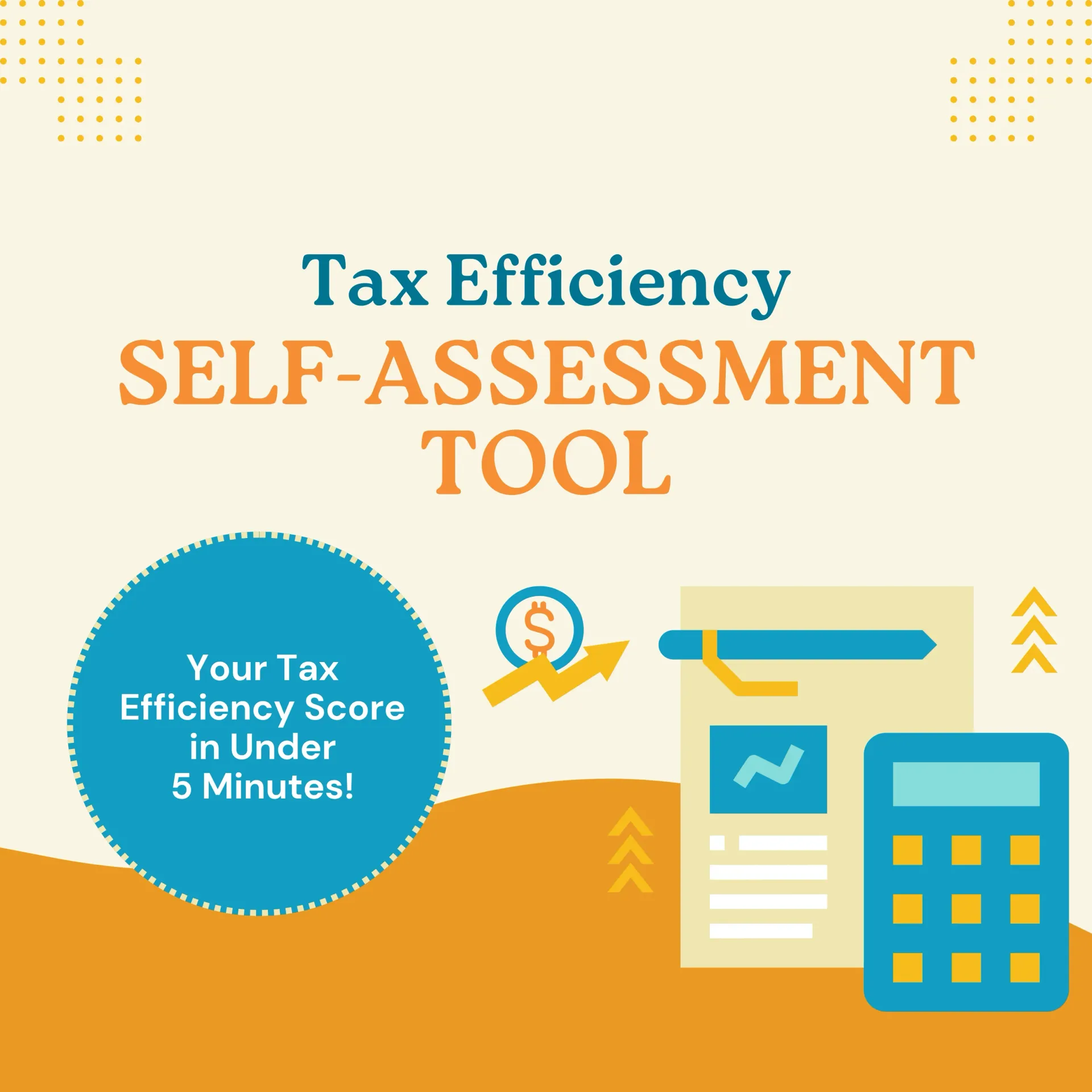Roth vs. Traditional IRA: Which Saves You More on Taxes?

Smart Retirement Moves Start Here
When it comes to saving for retirement, the decisions can feel overwhelming—especially for business owners juggling everything from payroll to profit margins. One of the most powerful tools at your disposal? The Individual Retirement Account, or IRA.
But here’s the catch: not all IRAs are created equal. You’ve likely heard of both Roth and Traditional IRAs, but which one actually helps you save more on taxes? The answer depends on your income, your long-term goals, and when you want those tax perks.
Let’s break it down.
Roth IRA vs. Traditional IRA: What’s the Big Difference?
Both types of IRAs offer serious tax advantages, but they do it in completely different ways.
Traditional IRA – Save Now, Pay Later
This type of IRA gives you a tax break up front. The money you contribute may reduce your taxable income, meaning you could pay less in taxes this year. It’s a popular option for folks who are earning more right now and want that immediate relief.
The trade-off? You’ll owe taxes when you take the money out in retirement. Every withdrawal is treated as income and gets taxed accordingly.
Roth IRA – Pay Now, Save Later
With a Roth IRA, you don’t get a tax deduction when you put money in. You’re using money that’s already been taxed. But here’s the upside: the growth inside the account is completely tax-free. And when you withdraw that money later on, you don’t owe a dime in taxes—as long as certain conditions are met.
That tax-free growth can be a game-changer, especially if you expect your income to rise or if you want to minimize your tax burden in retirement.
How to Choose: Think Taxes—Today vs. Tomorrow
Let’s say you’re in your prime earning years. A Traditional IRA might help you shrink your tax bill now, which can free up more cash to invest elsewhere in your business. If you expect your income to drop in retirement, you'll likely be taxed at a lower rate later, making those withdrawals less painful.
But if you're early in your career or your income is relatively modest, a Roth might be the smarter long-term move. You’re locking in today’s tax rate and avoiding taxes later—when your withdrawals could be much larger thanks to years of compound growth.
Real Example: Two Business Owners, Two Paths
Sarah owns a successful design firm. Her income is high, and she’s focused on minimizing her current tax bill. For her, a Traditional IRA makes sense. She can deduct her contributions now and plan to withdraw later when her taxable income might be lower.
Now take Jordan, a newer business owner who just left their corporate job to build a coaching business. The early years are lean but promising. Jordan opts for a Roth IRA to take advantage of the lower current tax rate. By the time retirement rolls around, those tax-free withdrawals could add up to a huge advantage.
What About Flexibility?
Another important factor is control over your money. Some people prefer not having to take money out of their retirement accounts at a certain age. That’s one area where Roth IRAs have an edge—they allow you to leave your money untouched as long as you want.
Traditional IRAs, on the other hand, require you to start drawing funds at a certain point. That can be fine, but if you prefer flexibility in your retirement strategy, it’s something to keep in mind.
Long-Term Growth vs. Short-Term Relief
There’s no right or wrong answer here—just what makes the most sense for your life, your business, and your future. A Roth IRA can deliver significant tax-free benefits later, but it requires you to pay taxes upfront. A Traditional IRA can lighten your current tax load, which may be helpful when you’re trying to build and grow.
It’s a trade-off between short-term tax relief and long-term tax freedom.
Final Thoughts
For business owners, every financial decision carries more weight. Choosing the right retirement strategy isn’t just about personal savings—it’s about protecting your future while keeping your business thriving today.
At the end of the day, it’s not just about taxes. It’s about control, freedom, and building a financial future that works for you—not the other way around.
Discover Your Tax Savings Score in Minutes!


Salim is a straight-talking CPA with 30+ years of entrepreneurial and accounting experience. His professional background includes experience as a former Chief Financial Officer and, for the last twenty-five years, as a serial 7-Figure entrepreneur.




